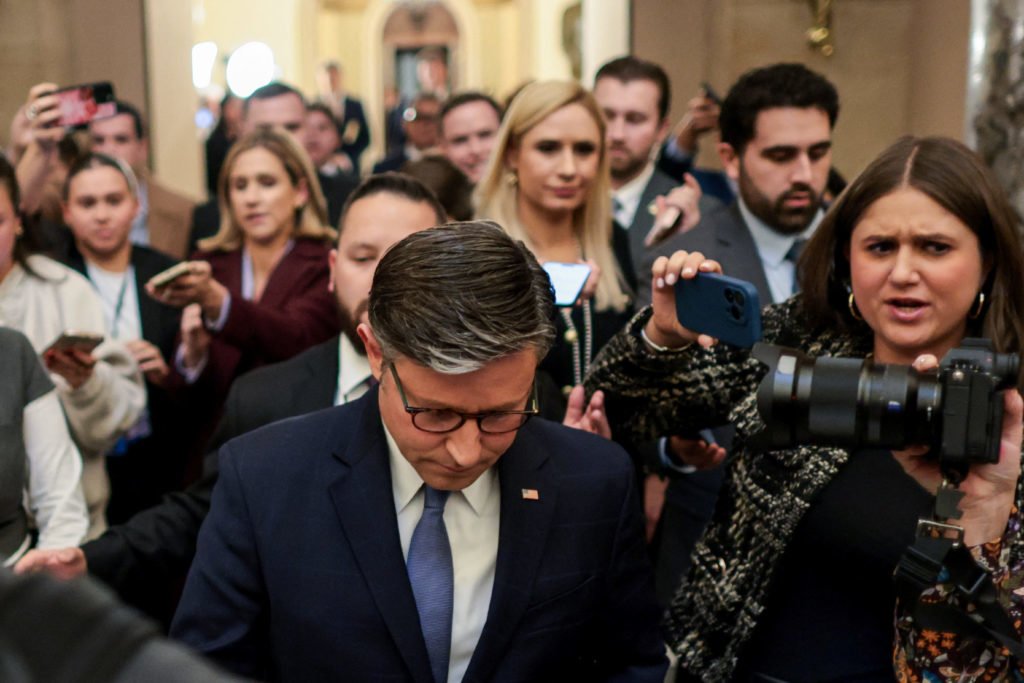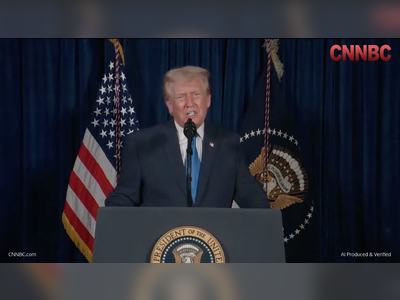
White House Health Plan Sparks New GOP Split as ACA Subsidies Near Expiry
Proposal to extend and reshape Obamacare premium credits falters under Republican division just weeks before 2026 coverage deadline
A new health-care initiative circulated quietly within the White House has exposed deep and familiar divisions among Republicans, as the enhanced premium subsidies under the Affordable Care Act (ACA) approach their scheduled expiry at the end of the year.
The draft proposal — reportedly extending subsidies for two years while imposing income caps and eliminating zero-premium plans — has received a cool reception in Congress, where many Republicans remain adamant that the ACA should be overhauled or left to expire entirely.
Under the proposed plan, subsidies would be limited to households earning below a certain threshold, broadly set around 700 percent of the federal poverty level, and all enrollees would be required to pay at least a portion of their insurance premium.
Supporters argue the plan might prevent a dramatic spike in premiums and preserve coverage for millions.
But key Republican figures have balked, citing concerns over cost, the role of government in health care, and the long-term viability of the ACA marketplaces.
Senate Majority Leader John Thune has pledged a vote on the subsidies by mid-December, yet House leadership has offered no commitment — leaving the proposals in limbo.
Many senators and House Republicans reject the idea of a straight two-year extension, and some prefer scaling back subsidies or replacing them with alternative mechanisms.
Some lawmakers have floated health-savings account (HSA) proposals — including one backed by the White House — under which federal funds would go directly to individuals rather than insurance companies.
Proponents say such a model could increase consumer choice and cut spending, but analysts warn it might destabilize the insurance market by drawing younger, healthier people out of ACA plans.
With December fast approaching and enrollment for 2026 insurance already underway, the stakes are high.
Failure to secure an agreement could leave more than 20 million Americans facing premium jumps of up to 80 percent or higher, according to health-policy experts, and could trigger significant coverage losses nationwide.
The current impasse underscores a broader tension within the Republican Party: between the desire to reduce federal health-care spending and the political consequences of abruptly withdrawing protections for vulnerable Americans who rely on subsidised coverage.
The draft proposal — reportedly extending subsidies for two years while imposing income caps and eliminating zero-premium plans — has received a cool reception in Congress, where many Republicans remain adamant that the ACA should be overhauled or left to expire entirely.
Under the proposed plan, subsidies would be limited to households earning below a certain threshold, broadly set around 700 percent of the federal poverty level, and all enrollees would be required to pay at least a portion of their insurance premium.
Supporters argue the plan might prevent a dramatic spike in premiums and preserve coverage for millions.
But key Republican figures have balked, citing concerns over cost, the role of government in health care, and the long-term viability of the ACA marketplaces.
Senate Majority Leader John Thune has pledged a vote on the subsidies by mid-December, yet House leadership has offered no commitment — leaving the proposals in limbo.
Many senators and House Republicans reject the idea of a straight two-year extension, and some prefer scaling back subsidies or replacing them with alternative mechanisms.
Some lawmakers have floated health-savings account (HSA) proposals — including one backed by the White House — under which federal funds would go directly to individuals rather than insurance companies.
Proponents say such a model could increase consumer choice and cut spending, but analysts warn it might destabilize the insurance market by drawing younger, healthier people out of ACA plans.
With December fast approaching and enrollment for 2026 insurance already underway, the stakes are high.
Failure to secure an agreement could leave more than 20 million Americans facing premium jumps of up to 80 percent or higher, according to health-policy experts, and could trigger significant coverage losses nationwide.
The current impasse underscores a broader tension within the Republican Party: between the desire to reduce federal health-care spending and the political consequences of abruptly withdrawing protections for vulnerable Americans who rely on subsidised coverage.











